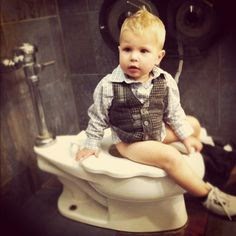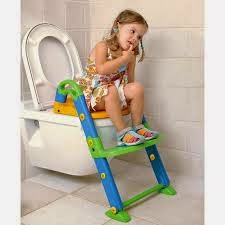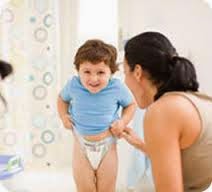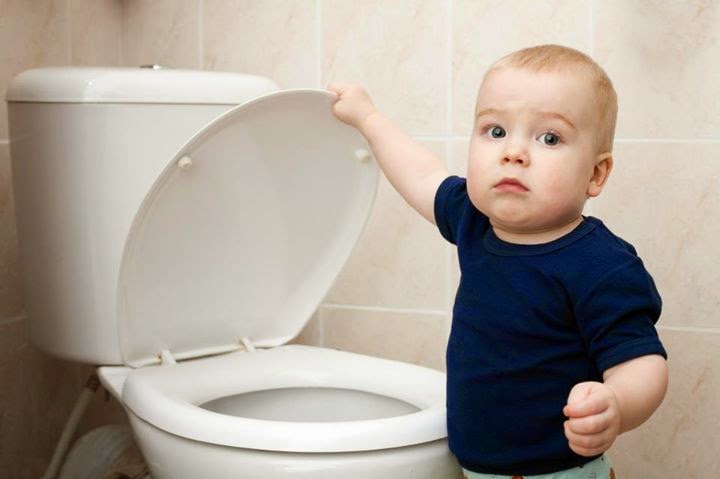 |
| Positive Reinforcement is Key To Potty Training |
Everybody poops, and your toddler is just beginning to understand that he does too, as well as where he needs to do so. Potty training is a huge event in your child's life. It's one more transition to being a big kid now, and it should be a positive experience for you and your child.
RELATED ARTICLES
What You Should Exactly Do While Teaching Potty Training Tips to Your Little Toddler?
Start Potty Trainning Today And Stop Diapers!
Potty Training Tips for Boys and Girls
I bet you never thought the struggle for independence with your child would start as early as his toddler years, but low and behold, here you are potty training and struggling to determine whose the boss all at once. Don't be discouraged your toddler does still need you. He/She just also wants to establish a sense of individuality. So how are you going to teach your two year old rebel to use the potty? Positive reinforcement.
Positive reinforcement can be achieved in many ways. Here's some general ideas to get your started.
-Purchase a super cool potty chair for your child that makes going to the potty special. Get them accustom to the chair by letting them sit on it while you read them stories. This will make moving to the next step much easier.
-Place your toddlers diaper contents into the toilet while he watches, and explain that this is where it should go. let him/her flush the toilet so they understand how this big kid tool works.
-Read books to your toddler about potty training and using the toilet.
-Praise your child when he/she uses the potty successfully. be sure to let them know their doing a great job without comparing them to other siblings or over doing to add pressure. You could even consider setting up a reward system. A stick chart that earns small prizes for example.
-Let your child pick their own new undies out at the store, and once they've had some success let them wear them. They won't want to dirty them, and it will add motivation to learn to use the potty.
-Lastly if your child does have an accident be sure to reassure them that it happens to everyone, and that they can do better next time.
Keeping a positive attitude will make potty training your child easier on both of you. Not to mention many of these ideas for positive reinforcement will help prepare your child for potty training to make it less intimidating, while the positive reinforcement will give them the motivation they need to succeed!





